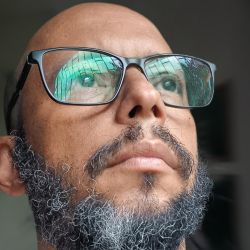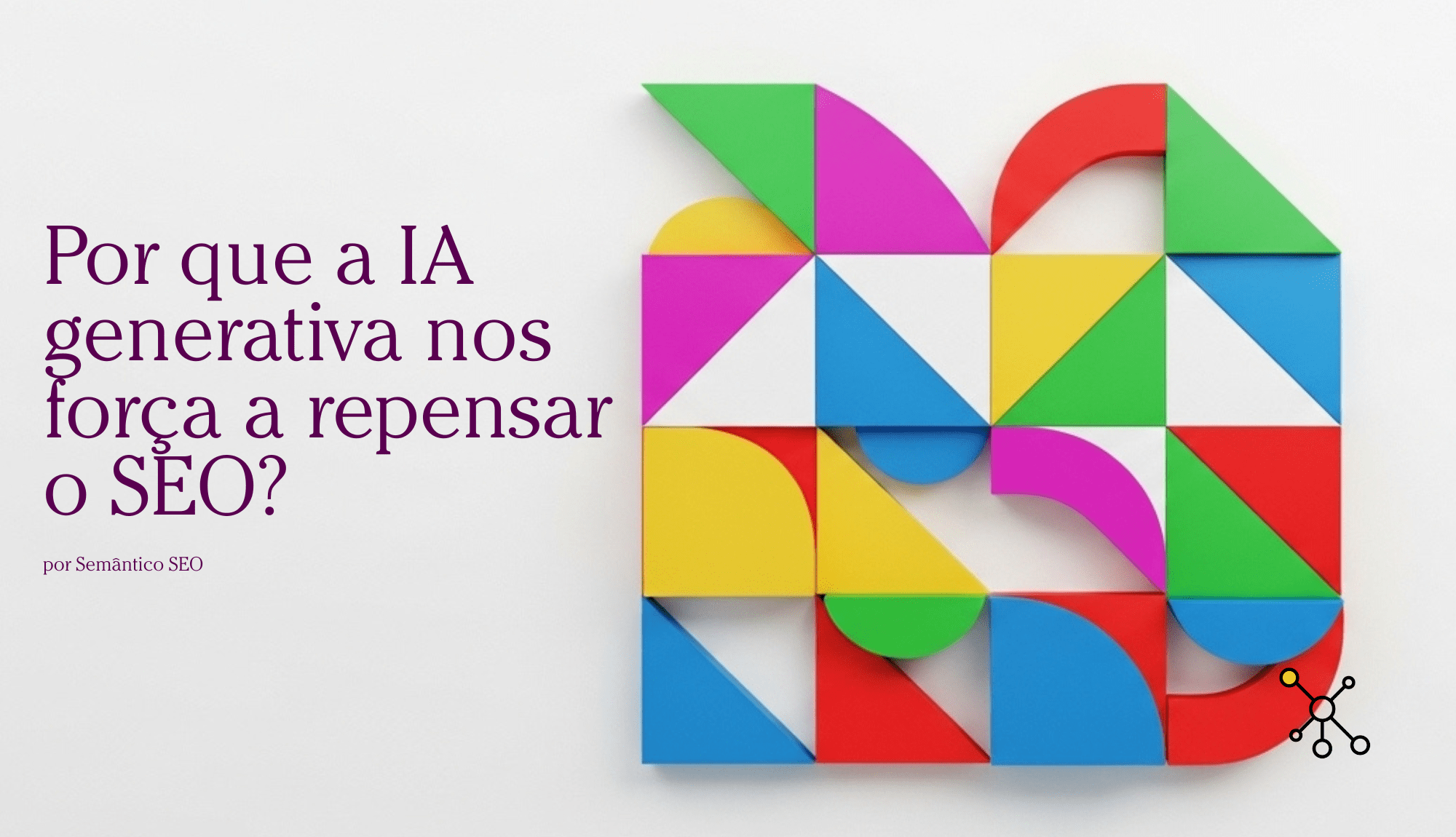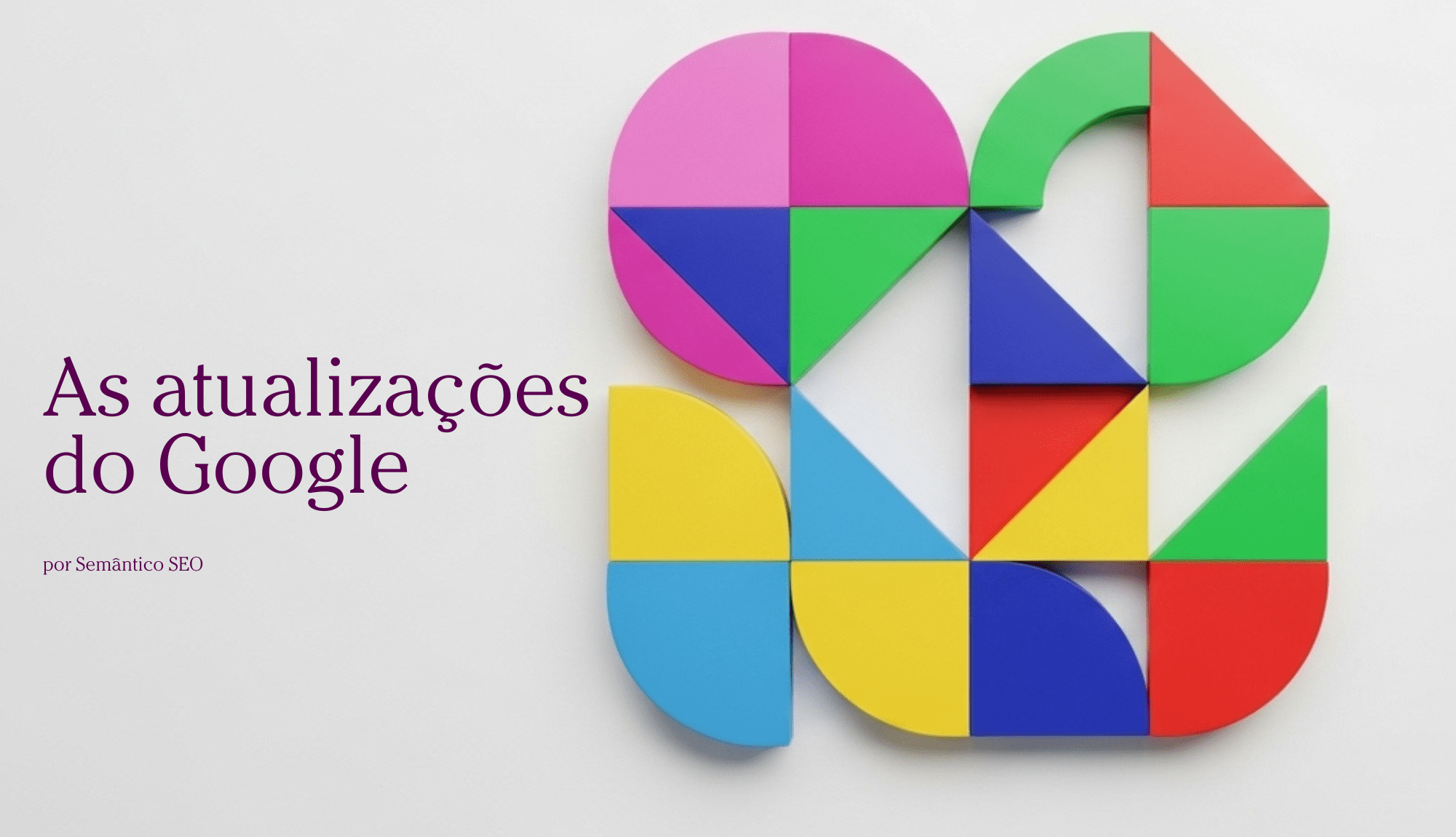organização
Em sentido geral organização é o modo em que se organiza um sistema, segundo a conhecida sigla usada em administração, POCCC, atribuída a Fayol, é do planejamento (o “P” da sigla), que se atinge à organização (o “O”, da sigla) e a desenvolve pelas diversas categorias de “Com – mando” e/ou “mando – com”, segundo Fayol, facilitando, dessa forma, pela consecução dos diversos objetivos dessa organização, o alcance final de um objetivo fim, que é o cerne da organização. É a forma escolhida para arranjar, dispor ou classificar os diversos objetos, documentos e informações, bem como sua necessária contabilidade, através do CONTROLE. Segundo Montana (2003, p. 170) organizar é o processo de reunir recursos físicos e principalmente os humanos, essenciais à consecução dos objetivos de uma empresa. A estrutura de uma organização é representada através do seu organograma, fluxograma e Contabilidade. Em Administração, organização tem sempre e necessariamente dois sentidos: Combinação de esforços individuais que tem por finalidade realizar propósitos coletivos. Exemplo: empresas, associações, órgãos do governo, ou seja, qualquer entidade pública ou privada. Ou seja, a organização em uma empresa determina o que fará cada integrante para alcançar o objetivo coletivo, do grupo. Modo como foi estruturado, dividido e sequenciado o trabalho. Ou seja, um conjunto bem determinado de procedimentos, divididos e seqüenciados (geralmente em um organograma) necessários para se realizar um trabalho, no fluxograma derivado dai.



Publicar comentário